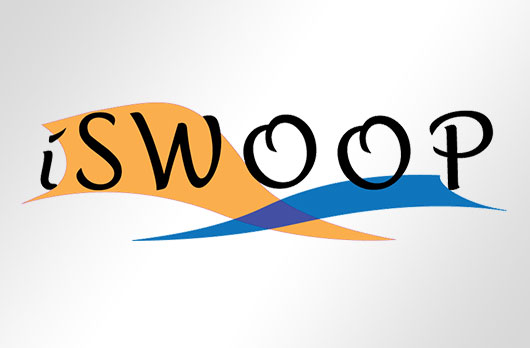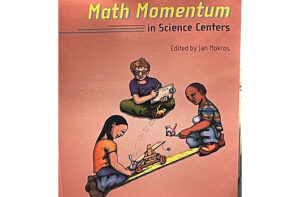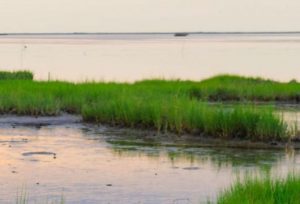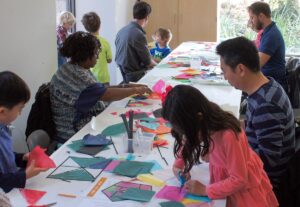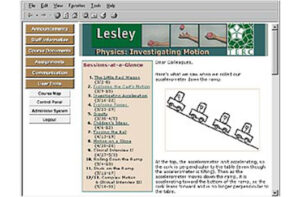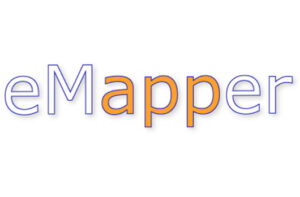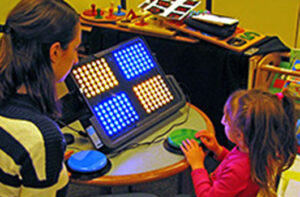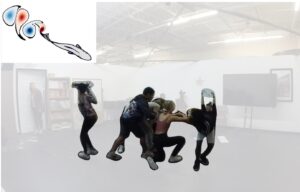iSWOOP Implementation In National Parks Perspectives from Park Leaders, Interpreters, Visitors, and Scientists
Louise Allen, Cynthia Char, Nickolay Hristov, Martha Merson
Summary
Char Associates conducted an evaluation of the four-year, NSF-funded project, Interpreters and Scientists Working on Our Parks (iSWOOP). The project brought interpreters and scientists together in multi-day professional development sessions at five national parks with the purpose of showcasing scientific research that usually goes unseen and unappreciated by park visitors. iSWOOP coordinated the development and delivery of digital libraries including animations, still photos, thermal and high-speed videos, and maps to give visual support to explanations of particular scientific studies. In interpreters’ hands, visualizations were a jumping off point for observations, predictions, and speculation during ranger-led interactions with park visitors.
At national parks and preserves: Acadia, Indiana Dunes, Jean Lafitte, Carlsbad Caverns, and Joshua Tree, iSWOOP leaders encouraged park staff to highlight park-based research in an interactive and memorable way, with an emphasis on the questions driving scientific research, the challenges researchers face, how scientists come to know what they know, and the relevance of the research.
Those who took part in iSWOOP (beginning in 2014, 2016, 2017, or 2018) were part of an ambitious endeavor. Infusing current, park-based, scientific studies in an inquiry-oriented way into their interactions with visitors required creativity, experimentation, revision, and reflection. Surveys, questionnaires, and interviews reveal the ways interpreters, supervisors or park leaders, scientists, and visitors experienced the impact of iSWOOP.
Future park leaders and interpreters can benefit from the groundwork that the five iSWOOP parks laid. In this report, based on four evaluation memos by Char, we include dozens of findings, quotes, and recommendations from park leaders, interpreters, scientists, and visitors. The project is grateful for the opportunity to learn along with and from them. We hope national park visitors and the field of informal science education continue to reap benefits from iSWOOP’s model, evaluation findings, and research.

Related People:
Martha Merson

